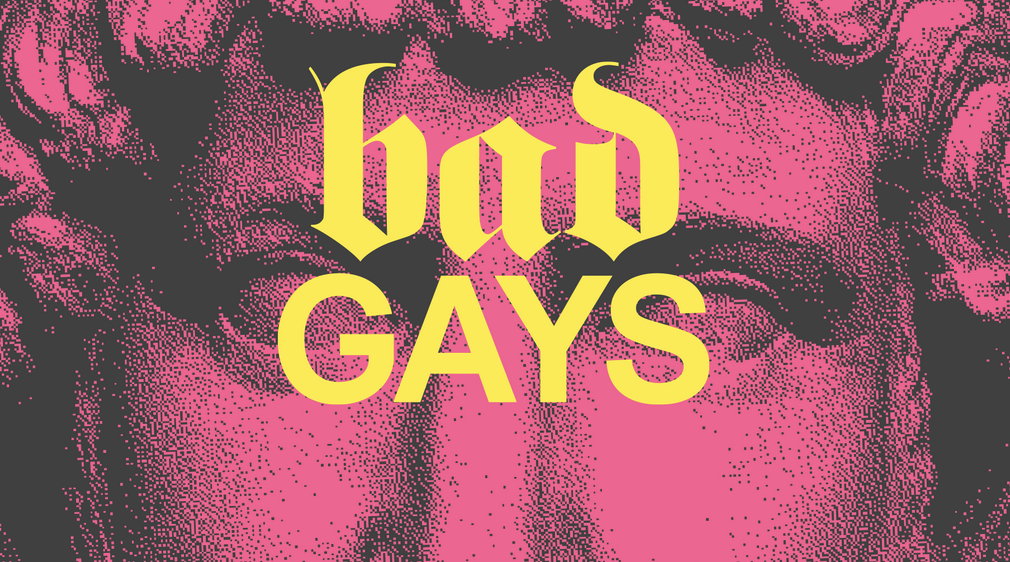“Bad Gays succeeds in its goals in every way, offering an infuriating, thoughtful, deliciously judgmental history of the very worst we had to offer.” – The Washington Post
“Fascinating—and very funny—deep dives into the lives of the most dastardly queer people in history…riveting.” – Vogue
“A bold and eminently readable counterhistory of homosexuality,,Bad Gays is a triumph…Lemmey and Miller have brilliantly revealed the human construction of queer history.” – The Los Angeles Review of Books
“A tour-de-force of the shadowy side of gay identity.” – The Guardian
“Succeeds in radically rethinking queer history in an enticing, thought-provoking manner…Bad Gays is ultimately an act of love…and this is made clear in how compellingly Lemmey and Miller write about their vision for the future.” – PopMatters
Read an excerpt from the introduction in Literary Hub.
Read our critique of the ‘born-this-way’-industrial-complex in Pink News.
Read an excerpt about Greek and Roman homosexuality –– or was it? –– in Lapham’s Quarterly.
Read an excerpt about the notorious East London gangster Ronnie Kray in Huck.
Too many popular histories seek to establish heroes, pioneers and martyrs but the past is filled with queer people whose sexualities and/or dastardly deeds have been overlooked. We all remember Oscar Wilde, but who speaks for Bosie? What about those ‘bad gays’ whose un-exemplary lives reveals more than we might expect? With characters such as the Emperor Hadrian, anthropologist Margaret Mead, and notorious gangster Ronny Gray, we tell the story of how the figure of the white gay man was born, and how he failed. We examine a cast of kings, fascist thugs like the Nazi Ernst Röhm, artists and debauched bon viveurs, and imperialists: including Lawrence of Arabia, Roger Casement, FBI boss J. Edgar Hoover and lawyer Roy Cohn, and the architect Philip Johnson. Together, these amazing life stories expand and challenge mainstream assumptions about sexual identity: showing that homosexuality itself was an idea that emerged in the nineteenth century, that was from the beginning marked by exclusion and violence, and that has been central to major historical events.
